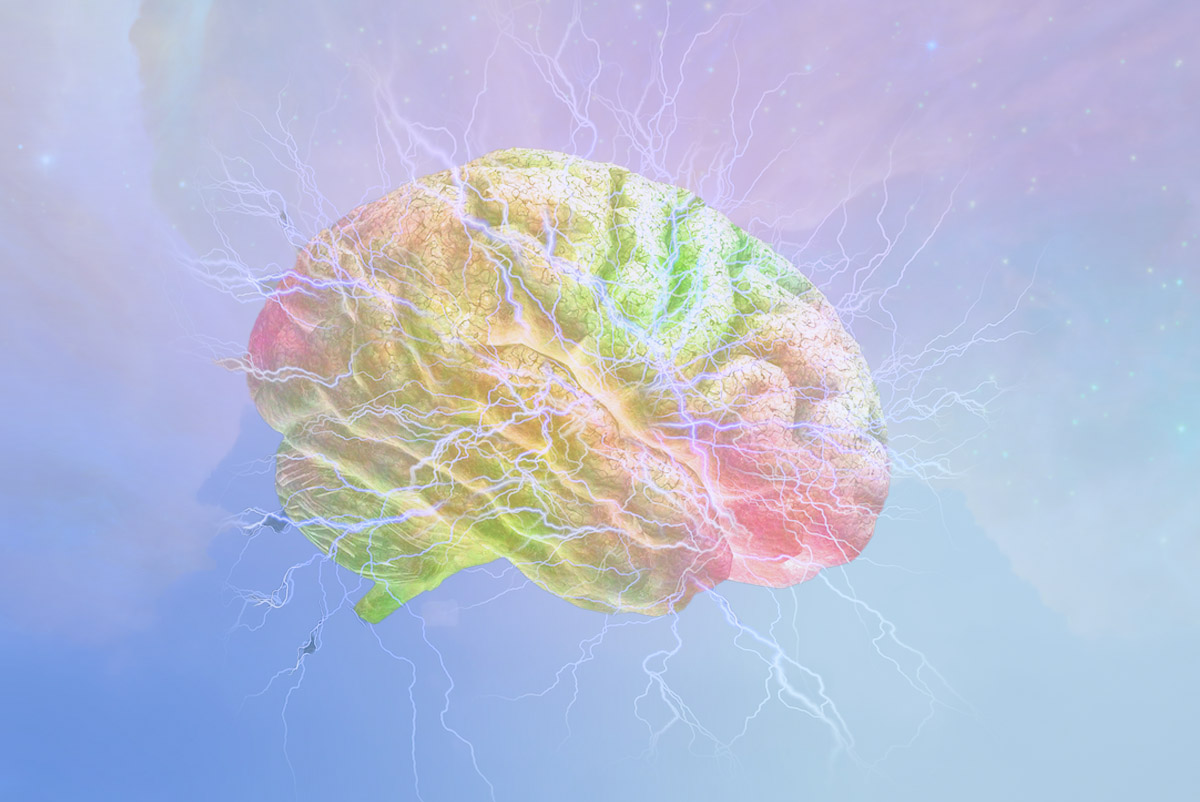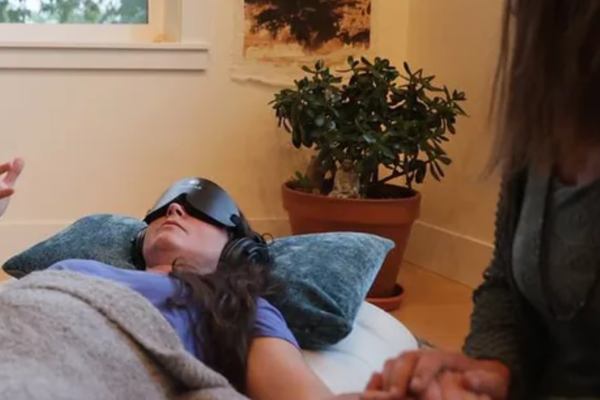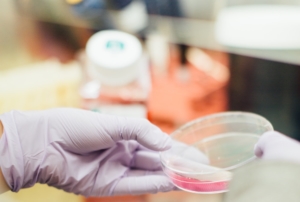
In 2022, psychedelics such as MDMA, psilocybin and LSD are closer than ever to being legalized for medical purposes. While psychonauts have known about their potential to help mental health conditions such as depression, anxiety and trauma for generations, the medical establishment has been slow to recognize psychedelic drug potential.
But now that they have taken notice of these mind-altering substances they are…well, okay, they are still moving slowly. But, that is by design. In order for a new medicine to be approved for use in the United States, we need to be absolutely certain that it is both safe and effective. That takes time.
To ensure this, potential new medicines, including psychedelics, must pass through the clinical trial framework. In short, there are 3 phases a drug must succeed in, aptly named: Phase 1; Phase 2; and Phase 3. Phase 1 solely tests safety in a small group of around a dozen healthy people. Phase 2 tests the efficacy of the drug in treating a specific condition, such as depression, in several dozen people. Often, Phase 2 is split into Phase 2a and Phase 2b, where the first tests multiple different dose levels against each other to see which is most effective, and the latter uses just the dose determined to be best. Finally, if a compound has successfully passed both previous phases, it must complete Phase 3, where efficacy is again tested, but often in a larger group of around 100+ people. In order for the drug to be approved for use, it must complete two Phase 3 trials, with results showing that it is more effective or safer than current medications.
In this article, I aim to highlight the five most significant clinical trials that are either currently underway, or are set to begin in 2022. These trials will be make it or break it tests for whether MDMA, psilocybin, LSD, DMT and ketamine will ultimately be legalized for therapeutic use throughout the USA and the West more broadly.
MAPS’ Phase 3 Trial: Treating PTSD with MDMA Therapy
Of all the trials listed here, MAPS’ is the furthest progressed. This trial, currently recruiting patients and set to begin this year, will be MAPS’ second Phase 3 clinical trial attempting to treat PTSD with MDMA-assisted therapy.
The first had phenomenal, paradigm shifting results. In it, 88% of patients with severe PTSD who received MDMA-assisted therapy saw their symptoms decrease by 50% or more. Even more impressive, a full 67% of patients who received the psychedelic “no longer met the diagnostic criteria for PTSD.” That sounds an awful lot like a cure for those people.
If MAPS can repeat these findings in a second Phase 3 trial, then MDMA-assisted therapy to treat PTSD will likely become legalized in the US. In fact, if you listen to Rick Doblin, Executive Director of MAPS, he expects MDMA-therapy for PTSD to be legalized before the end of 2023.
It is hard to believe that as slowly as the clinical trial process moves, it is possible that we could see the first psychedelic medicine become legalized next year. And yet, here we are. This makes MAPS’ second Phase 3 trial the most important psychedelic clinical trial of 2022.
Compass Pathways’ Phase 3 Trial: Treating Treatment-Resistant Depression with Psilocybin Therapy
Of all the potential medical uses of psychedelics, psilocybin for depression is the most well known. Despite this, current study so far has been mixed on just how effective the treatment is. For example, Johns Hopkins University found that the substance was four times more effective than SSRIs, the current most common depression treatment.
On the flip side, Compass Pathways’ Phase 2a trial treating Treatment-Resistant Depression has less positive results. The data, released in 2021, found that 3 weeks after treatment, 36.7% of patients who received 25 mg of psilocybin saw their symptoms decrease by 50% or more, while 29.1% improved enough to enter remission. While this was certainly positive, and more effective than the placebo, it wasn’t the game changing results that we had come to hope for. Though, it must also be stated that the Compass trial had a population of “Treatment-Resistant” individuals, meaning that everyone had attempted to treat their depression at least two other times without success. Or, in other words, they were attempting to treat the hardest cases.
Nevertheless, in 2022, Compass Pathways will begin the world’s first Phase 3 clinical trial using psilocybin. It will, once again, be attempting to treat Treatment-Resistant Depression. Hopefully, through modifying their regimen, Compass will be able to increase the effectiveness of the outcome. But, even if the results are similar, significantly helping one third of patients who could not find help elsewhere is still an accomplishment.
Either way, all eyes will be on Compass Pathways and their first Phase 3 trial in 2022.
MindMed’s Phase 2b Trial: Treating Generalized Anxiety Disorder with LSD Therapy
When it comes to mental health, anxiety disorders can be particularly destructive. The panic they induce can cause disruptions in all arenas of a person’s life, including their family, work and social life. Plus, they are uncomfortably common. It is estimated that approximately 19% of American adults experienced an anxiety disorder in the last year, and 31% will experience an anxiety disorder in their lifetime.
Despite their prevalence, treatment options are limited. Mindmed hopes to change that, with a trippy solution: LSD therapy. Last year, MindMed completed a Phase 2a trial attempting to treat Generalized Anxiety Disorder with their version of LSD, called MM-120, though the public has yet to see the data. Now they are set to launch a Phase 2b trial this year. This is the furthest progressed clinical trial into LSD, for any indication.
Unlike psilocybin and MDMA, not many companies are currently doing research into LSD, and we have seen far fewer studies completed with the compound. This means that we can be less sure of its effectiveness, though anecdotally many profess the drug’s benefits. If the Phase 2b trial returns with positive results, it will be great news for those who struggle with chronic anxiety. It may also signal that LSD can be effective in other areas. Currently MindMed is testing the drug against many different indications, including: adult ADHD (in the form of microdoses); depression; cluster headaches; and chronic pain.
Small Pharma’s Phase 2a Trial: Treating Major Depressive Disorder with DMT
Unlike LSD and psilocybin, DMT is relatively short acting. Whereas the first two can last 6+ hours, the total DMT experience is around 20 minutes. Despite this, the experiences are similar — even if DMT is much more intense — as their molecules are similar in structure.
Since a core problem of psilocybin therapy is the drug’s long duration — having a therapist watch over a patient for 8 hours would be prohibitively expensive for many — the thesis for DMT is that if it delivers the same benefit as psilocybin therapy, but at a much cheaper price point, it would be the superior medicine.
Like with LSD, very little clinical research has been done into DMT. In fact, Small Pharma’s recently completed Phase 1 trial was the first-ever clinical trial with the drug. Despite this, like with LSD, there exists much anecdotal evidence that the drug can be beneficial. There are also non-controlled trials which show similar results.
Therefore, Small Pharma’s current Phase 2a trial, attempting to treat Major Depressive Disorder, should be watched closely. If its results indicate that the substance is equally as effective in a clinical setting as its cousin psilocybin, it will open a whole new avenue of research into psychedelics. This trial has already begun dosing patients, and we should expect data by the end of the first half of 2022.
Awakn Life Sciences’ Phase 3 Trial: Treating Alcohol Use Disorder with Ketamine Therapy
Unlike the other four psychedelic compounds already mentioned, ketamine can already be used legally to treat mental health disorders. This is since it has been legal to use for decades as an anesthetic, and can be used “off-label” for other conditions.
Despite its legality, we still need to see incontrovertible evidence that it can be effective in treating the conditions that doctors are currently prescribing it for. Recently, Awakn released the results of a Phase 2 trial using the substance in conjunction with therapy, to treat Alcohol Use Disorder. The results were stellar.
Six months after treatment ended, 86% of patients remained abstinent from alcohol, relapse rates were 2.7 times lower than for the placebo, and those who received the ketamine therapy were 90% less likely to die in the following year.
Now, Awakn is progressing to a Phase 3 trial, though the start date is not yet known. If Awakn has similar results in its Phase 3 trial, then it will be the best evidence that we have to date that ketamine can effectively treat Alcohol Use Disorder.
Importantly, Awakn does not believe that ketamine’s anti-addictive effects are limited to alcohol. The company is also planning many studies treating various forms of addiction with the substance, ranging from gambling addiction, to Binge Eating disorder and even Internet Gaming Disorder.
Interested in becoming a licensed Psychedelic Therapist? Apply for the Psychedelics Today Vital Training Course today!
Vital is a 12-month professional certificate training program, which teaches the elements of psychedelic therapy and integration. This course begins in April 2022, so time to apply is limited!
Whether you’re a medical or mental health clinician, psychotherapist, coach, or wellness practitioner, this course was designed to support you in integrating psychedelics into your practice so you can serve the healing and evolution of your clients even more.
With 180 hours of live teaching, experience, and practice, Vital is one of the most comprehensive certificates in psychedelic-assisted therapy available. The training weaves the experiential and the academic, the clinical and the transpersonal, the medical and the indigenous, offering a powerful container for your personal and professional transformation.
Sign Up Today!








